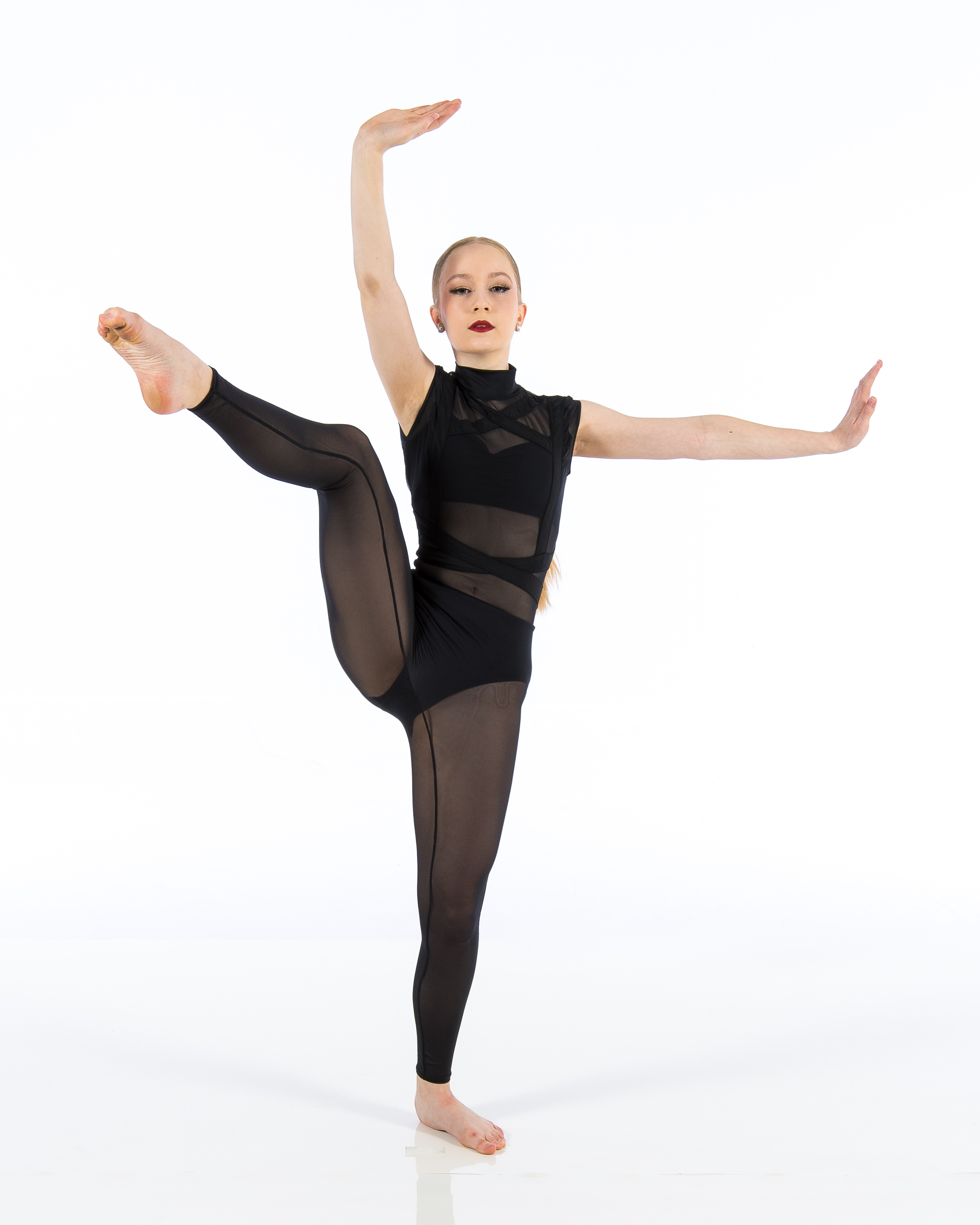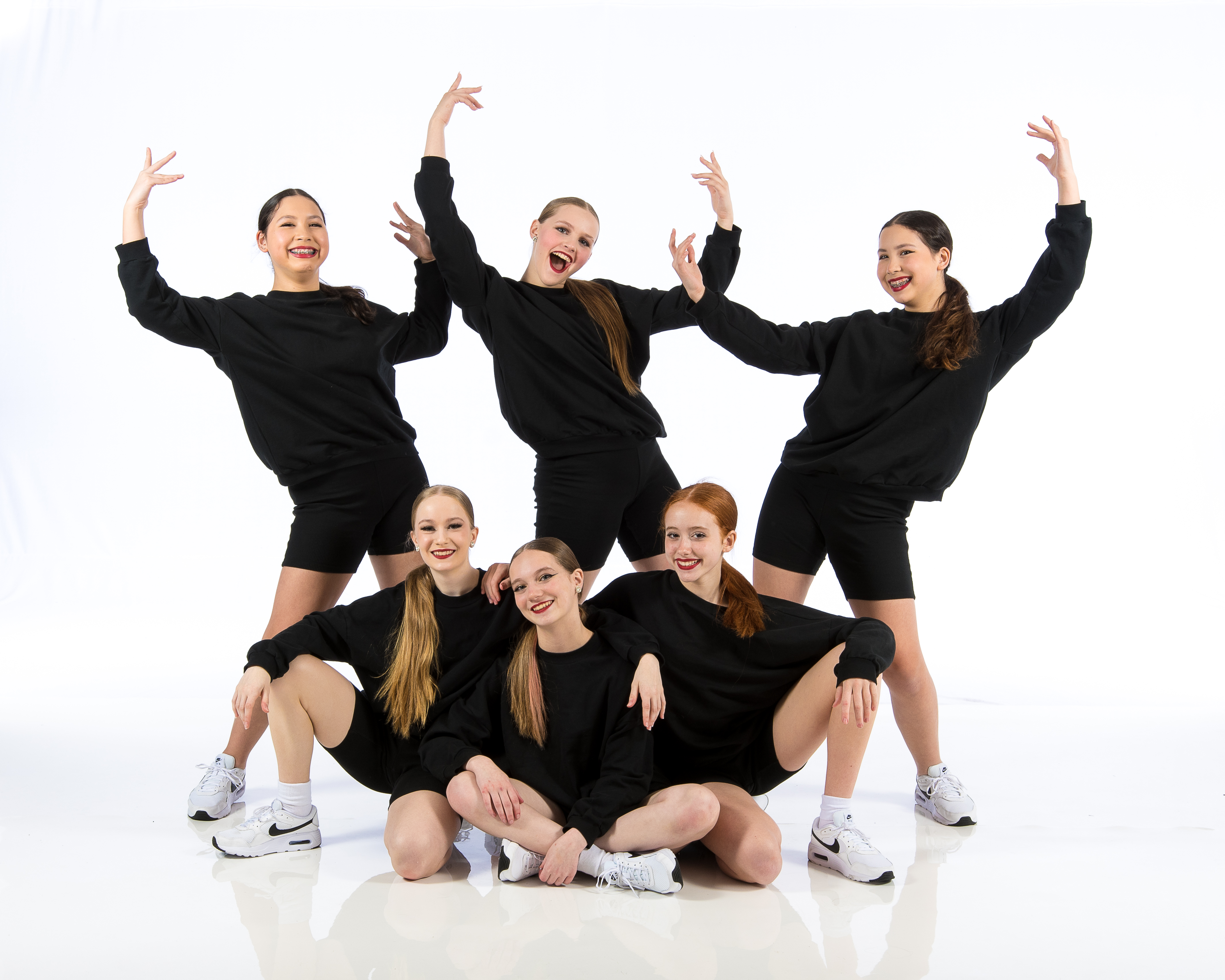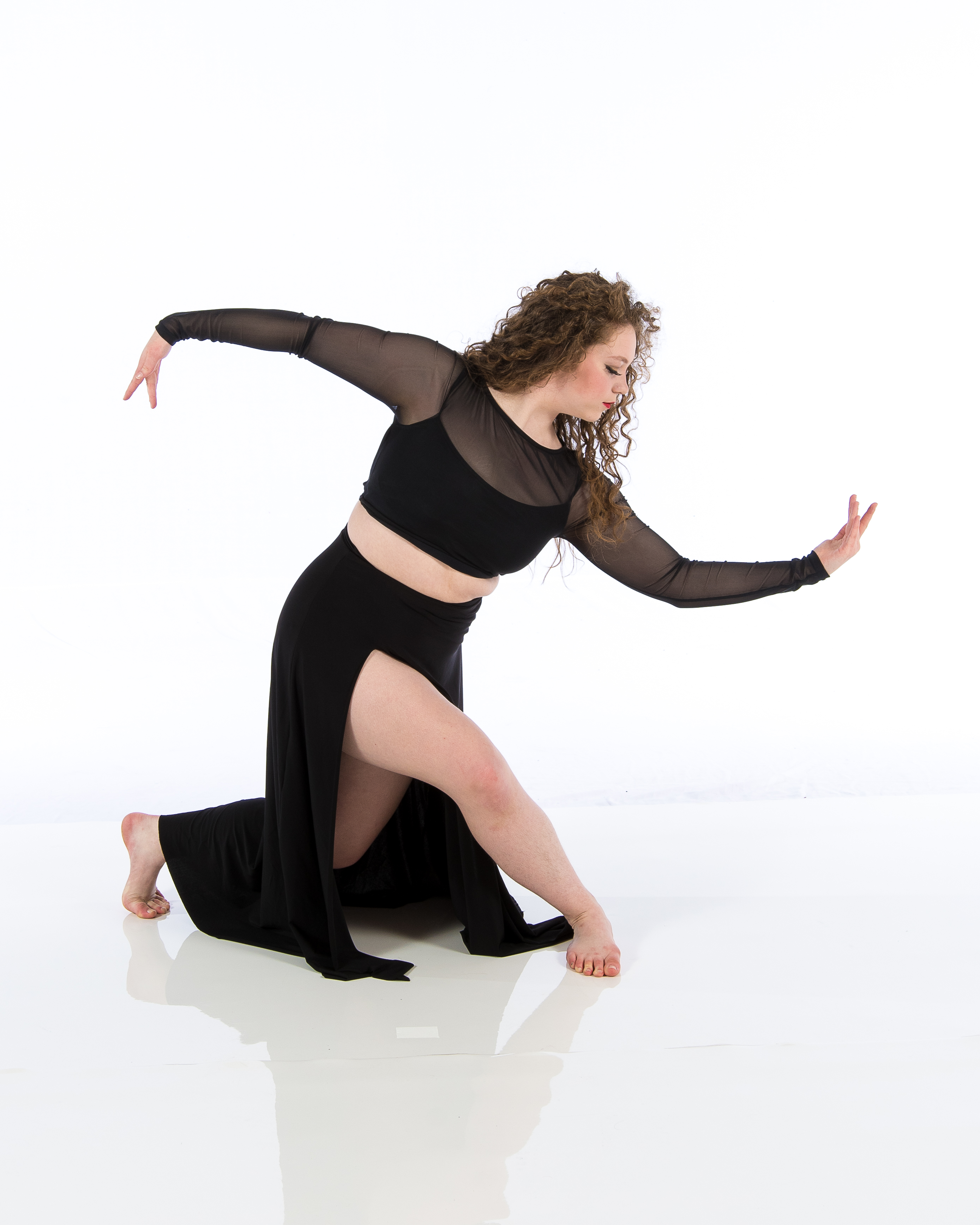Introduction
Stepping into a dance studio for the very first time is an exhilarating experience, one that can stir a cocktail of emotions-- exhilaration, nervousness, anticipation. Whether you're a seasoned professional dancer or simply beginning your journey, recognizing the nuances of dance studio etiquette can elevate your experience and improve your partnerships with trainers and fellow professional dancers alike. In this detailed guide, we'll dive deep into Mastering Dance Studio Etiquette: Necessary Tips for Beginners and Pros Alike

From standard rules to sophisticated considerations, this write-up will certainly cover everything you require to understand about browsing the vibrant globe of dance studios. So tighten up those shoe laces and let's get started!
The Relevance of Dance Studio Etiquette
Why Decorum Issues in Dance Studios?
In any artistic setting, rules plays a crucial role in preserving harmony and regard among participants. Dancing workshops are no exception. Great rules fosters a favorable atmosphere where creative thinking can flourish.
- Respect: Being thoughtful towards instructors and fellow dancers builds common respect. Focus: Etiquette minimizes diversions, permitting everyone to focus on learning. Community: Etiquette aids create an encouraging area that encourages growth and camaraderie.
Common Misconceptions About Dance Studio Etiquette
Many novices hold misunderstandings about what comprises ideal actions in dancing workshops. Let's unmask some myths:
- Myth 1: "Only sophisticated dancers require to adhere to etiquette." Fact: Rules is necessary for all degrees; it shows professionalism. Myth 2: "Teachers are also strict regarding policies." Fact: Trainers enforce rules to preserve order and respect.
Basic Dance Studio Etiquette for Beginners
Dress Code: What to Wear?
First impressions matter! The best outfit not only reflects your dedication yet additionally improves your Dance Studio efficiency. Below's exactly how to clothe properly:
- Comfort: Select clothes that enable free movement. Footwear: Buy good-quality footwear matched to your dancing style.
|Dance Style|Recommended Clothes|| -------------|-------------------------|| Ballet|Leotard, tights, ballet slippers|| Hip-Hop|Baggy clothing, sneakers|| Faucet|Comfy clothing, tap shoes|
Arriving on Time: Punctuality is Key!
Being late can interfere with the entire class. Purpose to get to the very least 10 mins early to:
- Warm up. Settle in mentally.
Tip: If you're running late because of unanticipated conditions, inform the trainer beforehand.
Quiet Area: Preserving Silence Prior To Class
Dance workshops grow on emphasis. Maintain conversations to a minimum before course starts to make sure every person can prepare mentally.
Intermediate Dance Studio Etiquette: Building Relationships
Respecting Individual Room in Class
Every professional dancer deserves their space during practice. Avoid crowding others while practicing relocations or routines.
Why It Matters: Respecting personal area advertises convenience and promotes better knowing experiences.
Listening Proactively Throughout Instructions
When an instructor is speaking, it's important to take note. Energetic listening shows respect and aids you realize crucial concepts.
How To Program Energetic Paying attention:
Maintain eye call with the instructor. Nod when appropriate. Ask clarifying questions if needed.Advanced Dance Studio Decorum: Boosting Your Experience
Providing Constructive Feedback Wisely
As you grow more experienced, sharing comments becomes part of the society. Nonetheless, strategy this delicately:

Encouraging Others: Structure Area Spirit
Support your fellow dancers with support:
- Compliment their initiatives genuinely. Celebrate their accomplishments openly.
Mastering Dance Studio Decorum: Essential Tips for Beginners and Pros Alike-- The Trainers' Perspective
Understanding Teacher Expectations
Instructors normally have particular expectations relating to actions in class. Acquainting on your own with these can greatly boost your discovering experience:
Listen attentively when they speak. Follow instructions precisely. Give your best shot throughout every session.Building Relationship with Your Instructor
Establishing an excellent connection with instructors can be helpful for your growth as a professional dancer:
- Ask questions connected to choreography or technique after class. Thank them for their guidance post-class; recognition goes a lengthy way!
Handling Problem With dignity in the Dance Studio Environment
Dealing with Disagreements Among Peers
Conflicts may emerge within any team setup; recognizing just how to manage them with dignity is important:
Approach the person independently without rising tension. Use "I" declarations rather than "you" statements (e.g., "I really felt overlooked when ...").Addressing Issues with Trainers Professionally
If you have worries regarding direction or class characteristics:
Request a personal conference after course hours. Express your feelings constructively focusing on services as opposed to complaints.The Function of Non-Verbal Communication in Dancing Studios
Understanding Body movement Signals
Dance naturally includes non-verbal interaction; recognizing how body language functions in this context is essential:
Positive body language (e.g., open stance) fosters connection. Negative signals (crossed arms) may convey defensiveness or disengagement.Using Eye Call Effectively During Classes
Maintaining eye call with instructors communicates listening while also assisting construct connection among peers throughout group performances!
FAQs
Q1: What need to I wear for my initial dancing class?
A1: Choose comfortable clothes that allows free movement-- yoga pants or leggings paired with an equipped top jobs well!
Q2: Is it alright to miss courses occasionally?
A2: Life takes place! Educate your trainer beforehand when possible; they'll value your consideration.
Q3: Just how do I manage sensation shy around other dancers?
A3: Start tiny-- introduce yourself one-on-one before broadening communications progressively as familiarity grows!
Q4: Can I bring close friends along to observe classes?
A4: Most workshops prefer prior setups; check with monitoring first so they're aware of extra attendees!
Q5: What happens if I differ with an instructor's feedback?
A5: Approach them respectfully post-class; express sensations making use of "I" statements concentrating on positive dialogue instead of confrontation!
Q6: Should I take part in efficiencies even if I'm new?
A6: Absolutely! Participating boosts self-confidence-- speak up concerning any type of doubts so lodgings can be made accordingly!
Conclusion
Mastering dance studio decorum isn't just about adhering to guidelines; it has to do with cultivating an enhancing atmosphere where everyone feels valued and motivated-- whether you're simply beginning or refining innovative strategies as an experienced pro! By adhering closely to these essential suggestions outlined below under Mastering Dance Studio Etiquette: Necessary Tips for Beginners and Pros Alike, not just will you enhance your very own experience but additionally add favorably in the direction of nurturing an inviting area within each dance studio you poise with your visibility! So take these insights forward into every studio room you get in-- and allow the rhythm bring you toward excellence!
